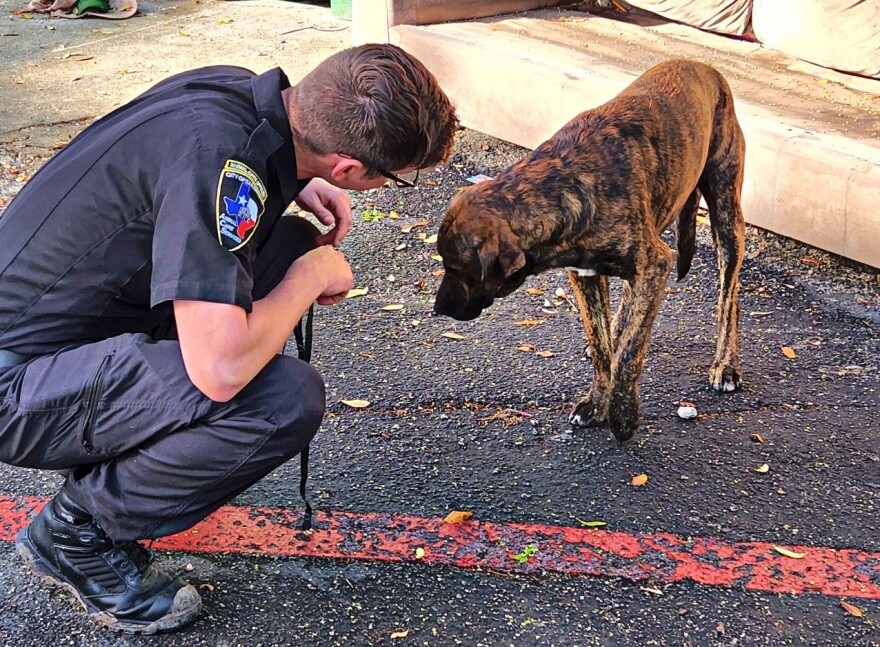San Antonio, like many cities, faces challenges related to responsible pet ownership. This case study explores the community engagement strategies implemented by animal control san antonio to promote responsible pet ownership. The focus is on initiatives aimed at educating residents, encouraging compliance with pet regulations, and fostering a sense of community responsibility towards animals.
Methodology:
Documentation Analysis: Review official documents, pamphlets, and educational materials produced by San Antonio’s Animal Control to understand the scope and content of their responsible pet ownership initiatives.
Stakeholder Interviews: Conduct interviews with Animal Control officials, local veterinarians, and community leaders to gain insights into the development and implementation of responsible pet ownership programs.
Community Surveys: Distribute surveys among residents to gather feedback on their awareness of pet regulations, their understanding of responsible pet ownership, and their perceptions of Animal Control initiatives.
Observational Studies: Observe community events, workshops, and outreach programs organized by Animal Control to assess community participation and engagement.
Community Engagement Strategies:
Educational Workshops: Animal Control conducts regular workshops in collaboration with local schools, community centers, and veterinary clinics to educate residents on the importance of responsible pet ownership, including topics such as spaying/neutering, vaccination, and proper pet care.
Outreach Events: Community events are organized to provide residents with direct access to Animal Control resources, such as low-cost microchipping and vaccination clinics. These events serve as platforms for interactive education and engagement.
Online Resources: Animal Control maintains an online presence, utilizing social media platforms and the official website to share informational content, resources, and updates on pet-related regulations. This helps reach a broader audience and encourages online community discussions.
Challenges:
Some challenges persist, such as reaching specific demographic groups and addressing cultural barriers to responsible pet ownership.
Recommendations:
- Targeted Outreach: Develop targeted outreach strategies for specific demographics, taking into account cultural differences and language barriers.
- Continuous Feedback Mechanism: Establish a continuous feedback mechanism to gauge the effectiveness of ongoing initiatives and identify areas for improvement.
- Expand Partnerships: Continue and expand partnerships with local businesses to enhance the reach and impact of responsible pet ownership programs.
Conclusion:
Animal Control San Antonio has implemented comprehensive community engagement strategies to promote responsible pet ownership. The positive response from the community suggests that these initiatives have been effective in raising awareness and fostering a sense of shared responsibility. Continuous evaluation, targeted outreach, and collaboration with diverse community stakeholders will be essential to sustaining and enhancing the impact of these efforts in the long term.

